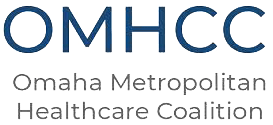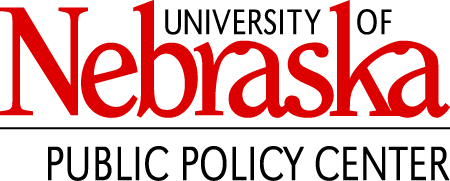Great Plains Disaster Behavioral Health Conference
2021 Virtual Conference
Building Resilience
The Great Plains Disaster Behavioral Health Conference is for all behavioral health providers and mental health professionals, nurses, emergency managers, disaster responders, public health officials, and clergy.
Our focus is learning how to recognize, prepare for, and respond to
the psychological effects of disaster and mass casualty events.
July 22-23, 2021
Zoom Conference
Objectives
1
Discuss fostering resilience at individual, organizational, and community levels.
2
Demonstrate how behavioral health professionals can work with local
and state organizations to assist with individual and community recovery.
3
Discuss ethical considerations for provision of disaster behavioral health interventions.
Agenda
This conference has been approved for 3.5 APA Continuing Education hours across indicated sessions below in blue.
Thursday, July 22nd from 9:00AM – 12:30PM (CDT)
9:00 – 9:15
Conference Welcome
9:15 – 10:45
10:45 – 11:00
Break
11:00 – 12:30
Friday, July 23rd from 9:00AM – 12:00PM (CDT)
9:00 – 10:30
Community Resilience with Dr. Anita Chandra, DrPH, RAND Corporation
10:30 – 10:45
Break
10:45 – 12:00
Disaster Behavioral Health Ethics: Building on Practitioner Knowledge and Community Resiliency with
- Stephanie F. Dailey, EdD, LPC, NCC, ACS, George Mason University
- Dr. Jean LaFauci Schutt, PhD, LPC, NCC, ACS, LaFauci Counselor Consulting
Speakers

Dawn Webb, MSN, RN-BC
Program Director | Texas Nurses Association
Presentation Title – Building Individual Resilience
Dawn Webb is the program director of the Texas Peer Assistance Program for Nurses (TPAPN). TPAPN is a person-centered, evidence-based program that supports nurses in their recovery from substance use, mental health concerns or both.

Dr. Anita Chandra, Dr. P.H.
Vice President and Director | RAND Social and Economic Well-Being
Senior Policy Researcher | RAND Corporation
Presentation Title – Community Resilience
She leads studies on civic well-being and urban planning; community resilience and long-term disaster recovery; public health emergency preparedness; effects of military deployment; equity, health in all policies and advancing a culture of health; and child health and development.

Dr. Stephanie F. Dailey, Ed.D., LPC, NCC, ACS
Assistant Professor of Counseling
George Mason University
Presentation Title – Disaster Behavioral Health Ethics: Building on Practitioner Knowledge and Community Resiliency
Dr. Dailey’s research is directed at better understanding the psychosocial impact of disasters on individuals and communities in an effort to identify appropriate strategies for mitigation, response, and recovery. Dr. Dailey has published works on contamination disasters, COVID-19, acts of mass violence, and causality mitigation strategies during an active school shooter event.

Dr. JEAN LAFAUCI SCHUTT, Ph.D., LPC, NCC, ACS
Professional Counselor, Educator, and Consultant
LaFauci Counselor Consulting
Presentation Title – Disaster Behavioral Health Ethics: Building on Practitioner Knowledge and Community Resiliency
Jean M. LaFauci Schutt is a Washington D.C.-based professional counselor, supervisor, educator, and consultant with expertise in disaster mental health, crisis intervention, adoption, supervision, and training. Dr. LaFauci has experience working as a counselor, clinical supervisor, professor, and researcher in education, social service, and community settings.
Conference Materials

Save-the-Date Postcard

Brochure

Conference program
Contacts
University of Nebraska Public Policy Center
Disclaimer
This website is part of a coordinated effort on behalf of the U.S. Federal Government and the Nebraska Department of Health and Human Services Division of Public Health, Division of Behavioral Health, and the University of Nebraska Public Policy Center. Funding was made possible [in part] by U3REP190555 from the Office of the Assistant Secretary for Preparedness and Response (ASPR). The views expressed in written materials or publications do not necessarily reflect the official policies of the U.S. Department of Health and Human Services or the Nebraska Department of Health and Human Services, Division of Public Health; nor does mention of trade names, commercial practices, or organizations imply endorsement by the U.S. Government or the State of Nebraska.









